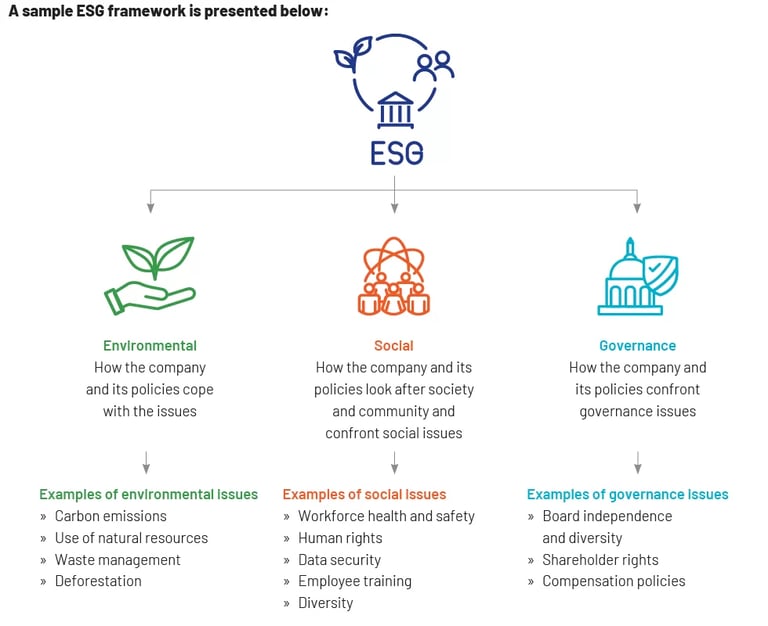Statutory Compliance For SMEs
Statutory compliance for SMEs refers to the legal obligations a small or medium-sized enterprise needs to follow. These obligations are set by government regulations and can cover a wide range of areas, including:
Taxation: This is a major area of compliance for SMEs. You'll need to register for the appropriate taxes (e.g., income tax, sales tax), keep proper financial records, and file tax returns on time.
Employment: SMEs must comply with labor laws, such as minimum wage, overtime pay, and employee benefits. You'll also need to maintain proper employee records and make sure your workplace is safe.
Data Protection: Depending on your location and the type of data you handle, you may need to comply with data privacy regulations. This could involve securing customer information and notifying them of data breaches.
Financial Reporting: Even small businesses may need to prepare financial statements and submit them to the government.
Here's why compliance is important for SMEs:
Avoids penalties: Failing to comply with regulations can result in hefty fines or even closure of your business.
Protects your reputation: A history of non-compliance can damage your reputation and make it difficult to attract customers and investors.
Builds trust: Following the rules shows that you're a responsible business that can be trusted.
Complying with regulations can seem daunting, but there are steps you can take to make it easier:
Register with the relevant authorities: This will ensure you're aware of your compliance obligations.
Seek professional advice: An accountant or lawyer can help you understand the specific regulations that apply to your business.
Invest in compliance software: There are software programs that can help you automate tasks such as payroll and tax filing.
Stay informed: Regulations can change, so it's important to stay up-to-date on the latest requirements.
By following these tips, you can ensure your SME is operating compliantly and mitigating risks.
ESG Compliance for SMEs
ESG compliance, though not strictly a statutory requirement yet, is becoming increasingly important for SMEs in Malaysia. Here's a breakdown of what it entails:
What is ESG Compliance?
ESG stands for Environmental, Social, and Governance. ESG compliance refers to a company's commitment to operating in a sustainable and responsible manner. This includes:
Environmental: Minimizing your business's environmental impact through practices like reducing waste, conserving energy, and managing pollution.
Social: Ensuring fair labor practices, promoting diversity and inclusion, and contributing to the well-being of the community.
Governance: Implementing ethical business practices, strong corporate governance structures, and transparent reporting.
Why is ESG Compliance Important for SMEs?
While not mandated by law, ESG compliance offers several benefits for SMEs:
Business Opportunities: Many larger companies and investors prioritize ESG practices in their supply chains. Demonstrating ESG compliance can open doors to new business opportunities.
Enhanced Reputation: Consumers are increasingly conscious of sustainability. A strong ESG commitment can improve your brand image and attract customers who value responsible businesses.
Cost Savings: Implementing certain ESG practices, like energy efficiency, can lead to cost reductions in the long run.
Future-Proofing: As regulations and consumer preferences shift towards sustainability, being ESG-compliant positions your SME for future growth.
Challenges of ESG Compliance for SMEs:
Limited Resources: SMEs might have fewer resources to dedicate to implementing ESG initiatives compared to larger companies.
Lack of Awareness: Some SMEs might not be fully aware of the importance of ESG or the specific steps they can take.
Measurement and Reporting: Demonstrating and reporting on ESG efforts can be a challenge for smaller businesses.
Overcoming these Challenges:
There are resources available to help SMEs navigate ESG compliance:
National Industry ESG Framework (i-ESG): This framework provides a structured approach for SMEs to implement ESG practices.
SME Associations: Many associations offer guidance and support for SMEs on ESG issues.
Government Initiatives: The Malaysian government offers various programs and incentives to encourage sustainable business practices.
By taking advantage of these resources and starting with small, achievable steps, SMEs can begin their ESG journey and reap the associated benefits. Remember, ESG compliance is not just about ticking boxes; it's about integrating sustainability into your core business practices for long-term success.


